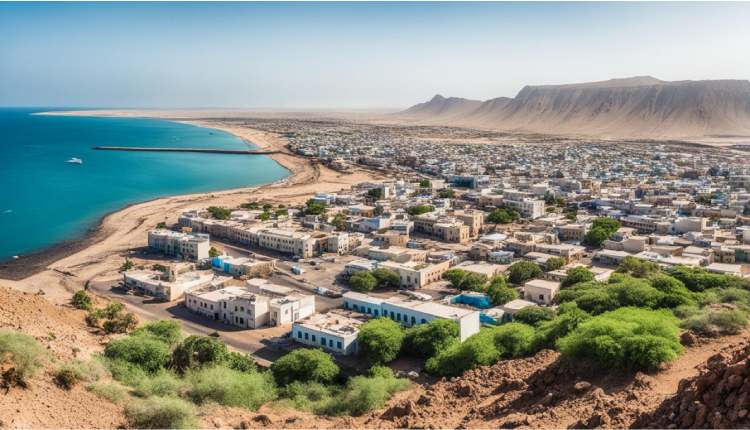The World Bank’s latest outlook for Djibouti remains “cautiously optimistic,” with projected annual GDP growth of 5.1 per cent between 2024 and 2026, given the ongoing fiscal challenges, regional tensions, and climate shocks.
The report, issued on Tuesday, asserted that effective debt management and fiscal reforms are critical for ensuring long-term sustainability for the African country.
Djibouti’s external debt is still a significant challenge, the World Bank said. The country’s public debt levels increased due to non-concessional loans, with arrears reaching 6 per cent of GDP by mid-2023. “To achieve long-term debt sustainability, Djibouti will need to fully clear its external arrears and undertake a deep restructuring of its bilateral external debt portfolio, the report concludes.” the report read.
The report said Djibouti’s economy had achieved a robust growth in 2023, outperforming forecasts with GDP growth estimated at 6.7 per cent, driven by rising demand from Ethiopia for port and logistics services, along with strong domestic demand supported by private investment and government interventions to mitigate inflation.
However, shipping disruptions in the Red Sea have had mixed impacts on Djibouti’s economy. According to the report, transshipment activity at the port of Djibouti has grown, with a 39 per cent increase in container volume handled in March 2024 compared to November 2023. Yet, the crisis has led to a significant hike in maritime freight costs, which is reflected in the prices of consumer goods in Djibouti.
In March 2024, Djibouti’s inflation reached 5 per cent, its highest level since December 2022, mainly driven by a 6.1 percent hike in the prices of food and non-alcoholic beverages, affecting different regions of the country differently. The Red Sea tensions also affected Djibouti’s customs revenues, which dropped by about 910 million Djiboutian francs (0.1 per cent of GDP) in the first quarter of 2024.
“Djibouti new development plan will primarily focus on economic. Strengthening the sustainability of macroeconomic and public finance reforms is essential for ensuring inclusive growth and long-term prosperity for Djibouti. By optimising fiscal policies and mobilizing domestic resources, we enhance public services and create opportunities for all citizens especially the most vulnerable,” Ilyas Moussa Dawaleh, Djibouti’s Minister of Economy and Finance in charge of Industry, stated.
Attribution: World Bank
Subediting: Y.Yasser


